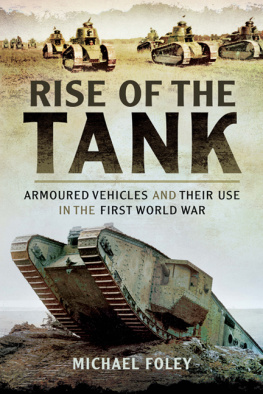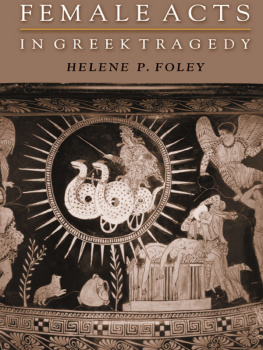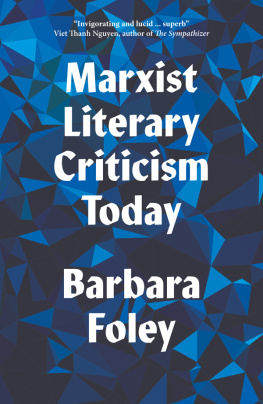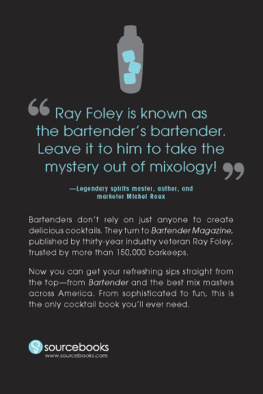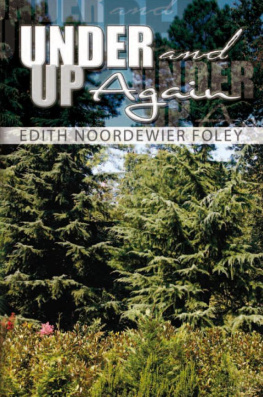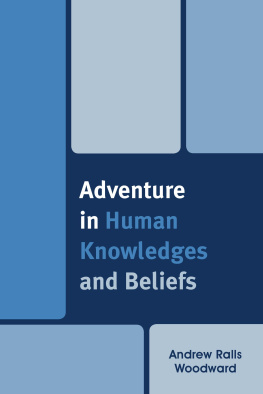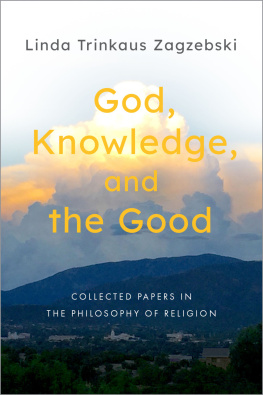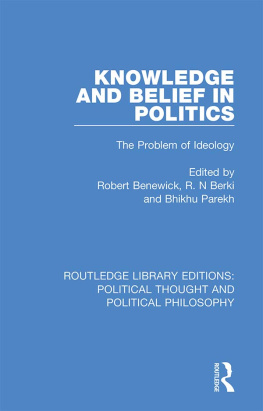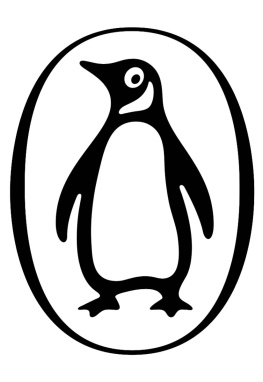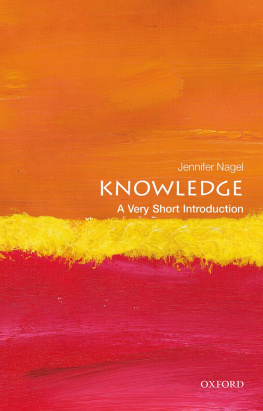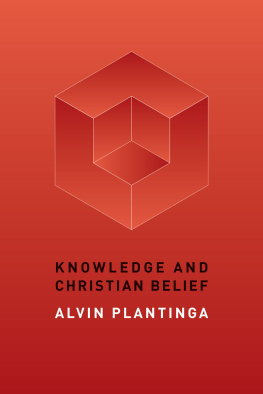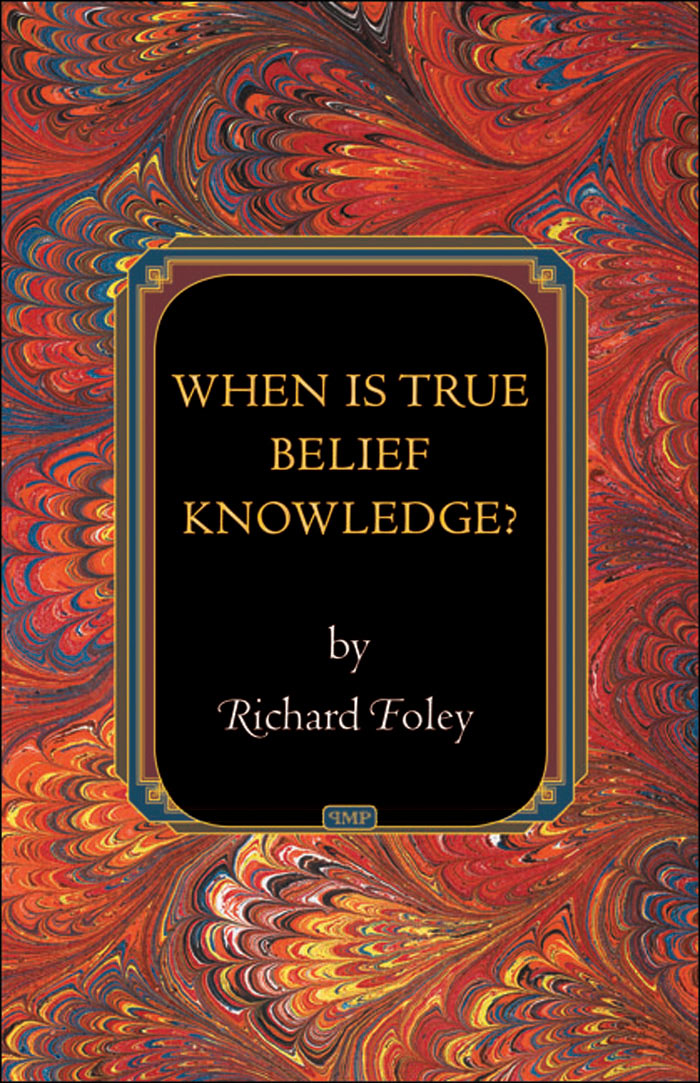Copyright 2012 by Princeton University Press
Requests for permission to reproduce material from this work should be sent to Permissions, Princeton University Press
Published by Princeton University Press, 41 William Street, Princeton, New Jersey 08540
In the United Kingdom: Princeton University Press, 6 Oxford Street, Woodstock, Oxfordshire OX20 1TW
press.princeton.edu
All Rights Reserved
Library of Congress Cataloging-in-Publication Data
Foley, Richard, 1947
When is true belief knowledge? / Richard Foley.
p.cm. (Princeton monographs in philosophy)
Includes bibliographical references (p. ) and index.
ISBN 978-0-691-15472-5 (hardcover : alk. paper)
1. Knowledge, Theory of. 2. Belief and doubt. I. Title.
BD215.F587 2012
121dc23 2012000421
British Library Cataloging-in-Publication Data is available
This book has been composed in Jason
Printed on acid-free paper.
Printed in the United States of America
1 3 5 7 9 10 8 6 4 2
PRINCETON MONOGRAPHS IN PHILOSOPHY

The Princeton Monographs in Philosophy series offers short historical and systematic studies on a wide variety of philosophical topics.
Justice Is Conflict by Stuart Hampshire
Liberty Worth the Name: Locke on Free Agency by Gideon Yaffe
Self-Deception Unmasked by Alfred R. Mele
Public Goods, Private Goods by Raymond Geuss
Welfare and Rational Care by Stephen Darwall
A Defense of Hume on Miracles by Robert J. Fogelin
Kierkegaard's Concept of Despair by Michael Theunissen
Physicalism, or Something Near Enough by Jaegwon Kim
Philosophical Myths of the Fall by Stephen Mulhall
Fixing Frege by John P. Burgess
Kant and Skepticism by Michael N. Forster
Thinking of Others: On the Talent for Metaphor by Ted Cohen
The Apologetics of Evil: The Case of Iago by Richard Raatzsch
Social Conventions: From Language to Law by Andrei Marmor
Taking Wittgenstein at His Word: A Textual Study by Robert J. Fogelin
The Pathologies of Individual Freedom: Hegel's Social Theory by Axel Honneth
Michael Oakeshott's Skepticism by Aryeh Botwinick
Hegel on Self-Consciousness: Desire and Death in the Phenomenology of Spirit by Robert B. Pippin
Locke on Personal Identity: Consciousness and Concernment by Galen Strawson
When Is True Belief Knowledge? by Richard Foley
WHEN IS TRUE BELIEF KNOWLEDGE?

WHEN IS TRUE
BELIEF KNOWLEDGE?
Richard Foley
PRINCETON UNIVERSITY PRESS
PRINCETON AND OXFORD
Contents
CHAPTER 1
An Observation
CHAPTER 2
Post-Gettier Accounts of Knowledge
CHAPTER 3
Knowledge Stories
CHAPTER 4
Intuitions about Knowledge
CHAPTER 5
Important Truths
CHAPTER 6
Maximally Accurate and Comprehensive Beliefs
CHAPTER 7
The Beetle in the Box
CHAPTER 8
Knowledge Blocks
CHAPTER 9
The Theory of Knowledge and Theory of Justified Belief
CHAPTER 10
The Value of True Belief
CHAPTER 11
The Value of Knowledge
CHAPTER 12
The Lottery and Preface
CHAPTER 13
Reverse Lottery Stories
CHAPTER 14
Lucky Knowledge
CHAPTER 15
Closure and Skepticism
CHAPTER 16
Disjunctions
CHAPTER 17
Fixedness and Knowledge
CHAPTER 18
Instability and Knowledge
CHAPTER 19
Misleading Defeaters
CHAPTER 20
Believing That I Dont Know
CHAPTER 21
Introspective Knowledge
CHAPTER 22
Perceptual Knowledge
CHAPTER 23
A Priori Knowledge
CHAPTER 24
Collective Knowledge
CHAPTER 25
A Look Back
CHAPTER 26
Epistemology within a General Theory of Rationality
CHAPTER 27
The Core Concepts of Epistemology
I
The Basic Idea
II
Puzzles and Questions
III
The Structure of Epistemology
Chapter 1
An Observation
Someone glances at a clock that is not working and comes to believe it is quarter past seven. It in fact is quarter past seven. Her belief is true, but it isnt knowledge. Out of this classic example comes a classic philosophical question: what must be added to a true belief in order to make it into a plausible candidate for knowledge?
The answer is to be found in the observation that whenever someone has a true belief but does not know, there is important information she lacks. Seemingly a modest point, but it has the capacity to reorient the theory of knowledge.
For this observation to be philosophically useful, information needs to be understood independently of knowledge. The everyday notions of knowledge and information are intertwined, but every philosophical account has to start somewhere, helping itself to assumptions that can be revisited if they lead to difficulties. I begin by assuming that having information is a matter of having true beliefs.
Substituting true belief for information, the core observation becomes that when someone has a true belief but does not know, there is some significant aspect of the situation about which she lacks true beliefssomething important that she doesnt grasp or doesnt quite get. Knowledge is a matter of having adequate information, where the test of adequacy is negative. One must not lack important true beliefs. One knows that a red ball is on the mat in the hallway if one believes that this is so, the belief is true, and there is no important gap in ones information.
Information comes in various sizes and shapes, however. The red ball on the mat in the hallway has a precise circumference. It has a definite weight. It is made of rubber. The rubber is a certain shade of red. The mat likewise has its specific characteristics. So does the hallway. Its ceiling is of a certain height. Its walls are covered with black walnut paneling. There is a mahogany door leading outside. There are historical truths about the situation as well. The black walnut paneling was installed last year. The ball was bought two months ago at a Target store in Brooklyn. These historical truths are connected with yet others. The rubber making up the ball came from a tree grown on a rubber plantation in Kerala, India, which also grows tea. There is also negative information. The ball is not made of steel and is not larger than a standard basketball. There is not a bicycle in the hallway. Nor is there a truck or an oak tree. The hallway does not have a linoleum floor.
There is no end to the truths associated with there being a red ball on the mat in the hallway. They radiate out in all directions. Nor is this unusual. Every situation is lush, brimming over with truths.
The information we have is by comparison arid. No one, no matter how well informed, is in possession of all truths about a situation. If the number of such truths is not infinite, it is at least mind numbingly vast. Our grasps of situations are inevitably partial. Not all partial grasps are equal, however. Sometimes the information we lack is important, but sometimes not. If not, we know.
Whether a true belief counts as knowledge thus hinges on the importance of the information one has and lacks. This means that questions of knowledge cannot be separated from questions about human concerns and values. It also means that there is no privileged way of coming to know. Knowledge is a mutt. Proper pedigree is not required. What matters is that one not lack important nearby information.


